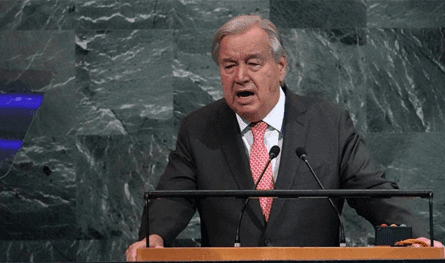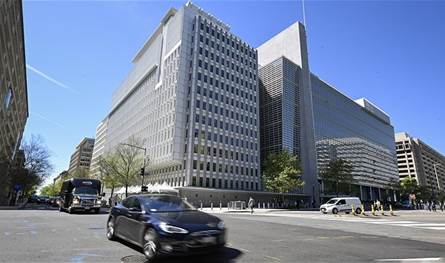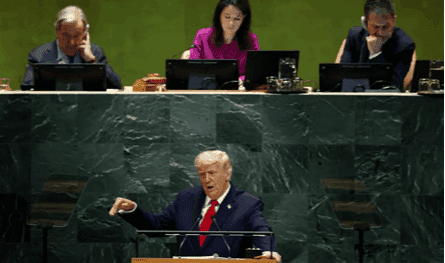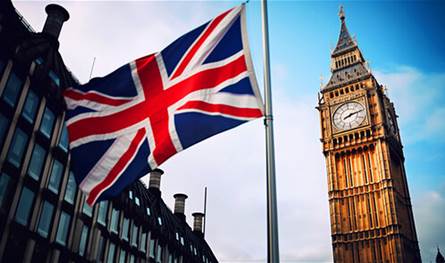Classic Nokia phones challenge time and continue to withstand the Middle East Technical portal
In the midst of the frantic competition in the smart phone market, the classic phones continued to prove their strong presence in the Middle East and North Africa region, thanks to the extension of the licensing agreement between Nokia and HMD Global, in a move that exceeds that it is just a commercial decision.
This extension reflects a profound understanding of the privacy of these markets, as the factors of simplicity, durability, and the reasonable cost remain the primary driver of purchase decisions, to prove that classic phones still retain their vital status alongside advanced smart devices.
Extending the license agreement .. in response to the market request:
Informed sources reported that Nokia has agreed to extend the trademark license agreement with HMD Global, ensuring the latter continues to sell classic Nokia phones in the Middle East and North Africa region for an additional period ranging between two and three years after the end of the original license in 2026.
This decision comes in response to the request of the continuous classic Nokia phones, as these phones have proven their effectiveness in meeting the needs of certain societal slides, such as new users, who are looking for reliable devices at a reasonable cost, in addition to the elderly and the population of rural or remote areas, in these areas, the high cost of smartphones or the weakening of the Internet infrastructure may be a real challenge to make it Traditional phones are a practical and reliable choice.
One of the analysts in the telecommunications sector confirmed that between 20% and 30% of users in major markets such as: Saudi Arabia, the Emirates, Egypt, and Jordan still prefer classic phones even in light of the increasing dominance of smartphones.
This large percentage reveals the presence of a stable segment of consumers who are not desirable by the advanced mazia, but rather looking for practical and reliable solutions, as the true attractiveness of traditional phones in its simplicity, durability, and long battery life, in addition to its low cost.
Therefore, the continued presence of these devices is not just a coincidence, but rather a direct response to a real market request that appreciates the basic value of communications, away from the complexities of modern application and technologies.
Balance between inheritance and innovation:

The renewal of the license agreement represents a tight strategic step for HMD Global, on the one hand, the company guarantees the continued flow of supply chains and production lines under the Nokia brand umbrella, which has great confidence in the region.
On the other hand, this step gives it enough space to develop its own brand and launch new smartphones, such as: HMD Fusion X1, and HMD Skyline, as well as devices designed especially to meet safety needs.
A source familiar with the agreement confirmed that this decision aims to achieve an accurate balance between the past and the future. While Nokia provides the firm confidence of its brand and its ancient heritage, HMD Global offers a new spirit of innovation. This harmony is clearly shown in the focus of the two companies on traditional phones, which still respond to basic requirements in the Middle East and North Africa markets, such as low prices and basic functions that a large number of users are looking for.
Offering updated models of classic Nokia phones:
The classic phone market in the region will witness a qualitative leap, as (HMD Global) launches updated models of classic Nokia phones, and the improvements will not only be limited to design, but will also include basic specifications that meet the needs of local users.
These updates include support for fourth generation networks (4G) to ensure faster and more stable connection, and the USB-C’s adoption to increase the ease of use, as well as develop user interfaces in Arabic.
The company will also enhance the durability of these classic phones to be able to withstand high temperatures and harsh daily use conditions that distinguish some of the region’s environments.
Smart pricing strategy to meet market needs:

Retail dealers expect that HMD Global will adopt a competitive pricing strategy for these new phones, with the aim of targeting a wide segment of consumers with medium income. Focusing on the basic advantages that users prefer, such as the long battery life and the right price, puts these phones in a strong competitive location.
In short, the extension of the licensing agreement ensures that reliable and simple classic phones from Nokia will remain available in the Middle East and North Africa markets in the near future. This decision confirms that the need for practical and effective devices in terms of cost is still real and strong, and that technological development does not necessarily eliminate the products that have proven their worth.
The link has been copied
The post Classic Nokia phones challenge time and continue to withstand the Middle East Technical portal appeared first on 961 tobay Lebanon today.
















